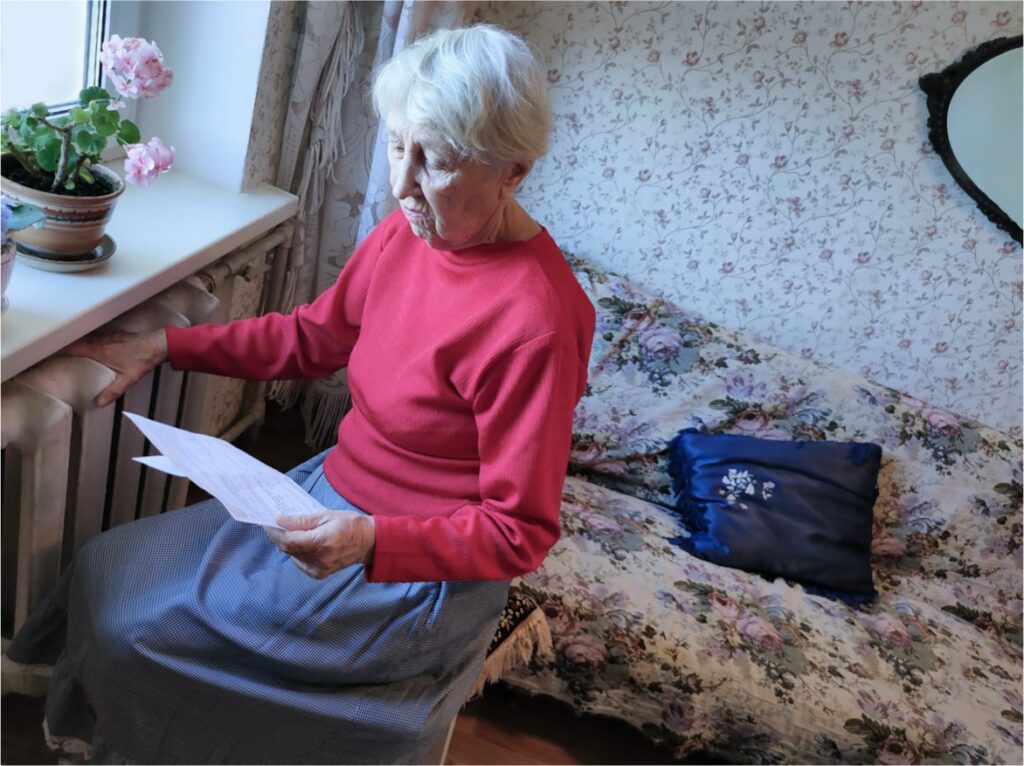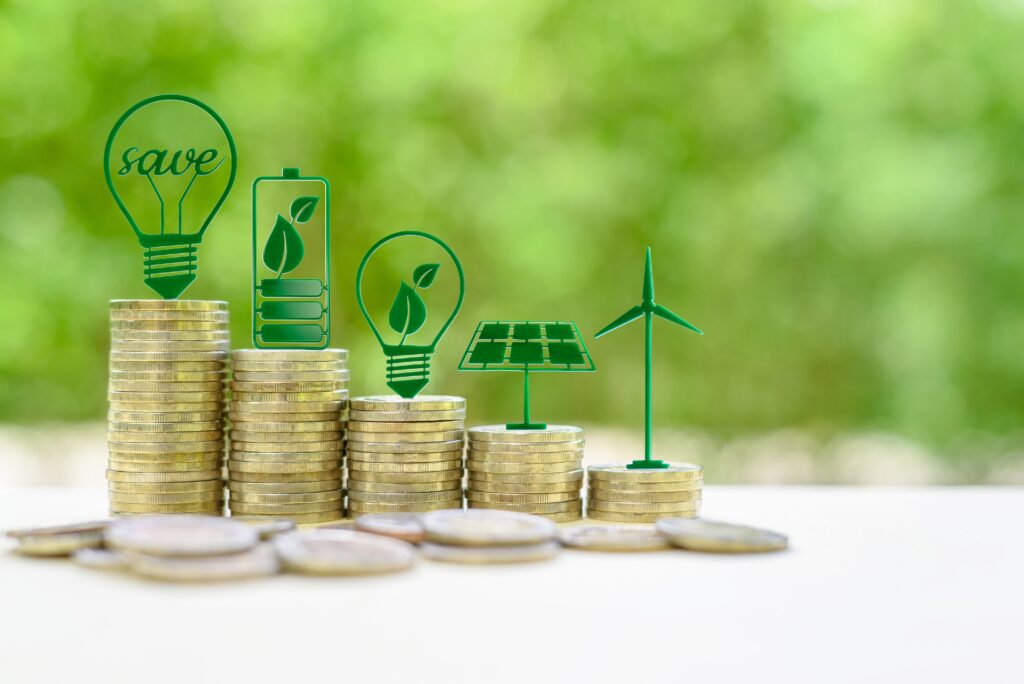Rising energy prices mean that the average household’s energy bills could increase by £600 or more when the energy price cap is lifted in April 2022. We look into why energy costs continue to rise so drastically across England, Scotland, and Wales and how this will likely affect your household in the long term.
At Smartstone, we have made it our mission to help UK households reduce their energy consumption to offset rising energy prices. That’s why we’re also recommending 10 simple tips to help you cut your energy bills.
Why are energy costs rising?
Several factors have created a worldwide squeeze on energy supplies. This is causing gas prices to rise to unprecedented levels, resulting in soaring household bills across the UK.
Key reasons why energy prices are rising include:
- Low energy supplies due to maintenance work on key fields in the UK North Sea and Norway
- Europe experiencing a particularly cold winter, which reduced the amount of gas stored
- Low levels of wind energy generated due to a relatively windless summer in 2021
- Delays on new projects that generate liquefied natural gas
- A dramatic increase in the cost of wholesale gas
Despite the global crunch on energy supplies, demand remains high. This is further causing costs of natural gas to increase. The UK is suffering the brunt of the situation as around 85% of households use gas central heating when gas generates a third of the country’s electricity.
What is the energy price cap?

In early 2022, news broke that the energy price cap is set to rise on 1 April across England, Wales, and Scotland. This means that energy firms can increase bills by as much as 54% when the new cap is introduced. This increase is a direct result of global gas prices exploding over the last year, with wholesale prices quadrupling.
To put it simply, the price cap is a government backstop that is designed to limit what energy firms can charge UK households for their default standard variable tariffs. The energy cap only applies to customers who are on a standard variable tariff (SVT), which is usually a provider’s most expensive tariff. Now that the price cap is being lifted, energy providers can increase how much they charge consumers for their gas and electricity.
It’s important to note that the price cap does not limit a household’s total energy bill. It is rather a cap on the cost of each unit of gas and electricity. Bills are calculated on how many units of gas and electricity a household uses. The more energy you consume, the higher number of units and the higher your energy bill, which is based on the price cap in effect at the time.
By how much have energy prices increased?
Now that the energy price cap is rising, Ofgem is reporting that typical households on default tariffs are likely to see an increase of £693 from £1,277 to £1,971 per year. While prepayment customers will see an increase of £708 from £1,309 to £2,017. This marks a drastic 54% increase.
These figures are reasonable estimates and may not apply to your household. For personalised information, it is recommended to contact your supplier who can guide you on their updated rates in response to the rising energy price cap.
Various factors influence a household’s energy bills, including where you are located, method of payment (direct debit, prepayment, or standard credit), and the type of energy meter you have. Naturally, your total energy consumption also affects the final bill.
Will energy prices keep rising?
Experts are predicting that energy prices could rise yet again come October 2022. The October price will be based on wholesale energy prices throughout February until July. This means that if wholesale prices remain elevated, the UK’s energy price cap could rise by a further 20% in October.
While it is difficult to forecast long-term energy costs, some experts believe energy prices could continue to rise until 2024/2025. Around this time, new supplies of liquified natural gas are expecting to enter the market, boosting supplies across Europe and the UK and alleviating demands.
Should I switch energy suppliers now?
When energy prices have risen in the past, consumers were encouraged to turn to different energy suppliers for better offers.
In the present climate, however, better deals are not available, and people are advised to stick to their current energy providers and not leave early. This is because they will likely already be on the best value deals at present.
10 quick tips to protect yourself against rising energy prices in the UK
A more effective solution to improve your energy bills is to adjust your household’s energy efficiency. Simple changes to your home and energy consumption habits can help you offset energy costs in the long run.
Here are 10 easy-to-apply changes that could help you save big on your energy bills:
1. Reduce your thermostat
On average, you can expect to save 4% on your energy bills a year for each degree you cut on the thermostat. The Energy Saving Trust even recommends only turning your heating on when people are in the house. A programmable thermostat can make things easier, ensuring the house is nice and cosy in time for when you get back home.
2. Insulate your home
Home insulation is one of the most effective solutions to reduce your energy bills. By insulating your floors, basements, cavity walls, and loft spaces you will be keeping the cold out and warmth in, meaning your household won’t need to rely as much on the thermostat. It is always recommended to contact an insulation expert to determine the best insulation solutions for your home.
3. Adjust the temperature on your fridge & freezer
Many households have their fridges and freezers set to excessively cold temperatures. By adjusting your fridge/freezer temperatures slightly, you can ensure you won’t be using as much energy to keep your food fresh.
4. Install a water-saving showerhead
More efficient showerheads can greatly reduce water consumption in your household. Many water firms even provide free water-saving gadgets from time to time, meaning you can save on your energy bills without incurring any additional expense.
5. Cut your shower time
Reducing your shower time by just a few minutes can save gallons of water. This means you won’t need to heat as much water per day, ultimately resulting in reduced energy bills over the year.
6. Mend leaky taps
It is estimated that a leak of one drip per second wastes around 1,661 gallons of water a year. That little drip could be costing you up to £35 per year.
7. Upgrade with energy-efficient appliances
When the time comes to replace your whitegoods and household appliances, including dishwashers, water heaters, and washing machines, it pays to invest in energy-efficient models. Opting for A-rated models will reduce your energy consumption, resulting in lower energy bills. While the initial cost may seem pricey compared to lower rated models, the purchase will reap significant cost-saving benefits over time.
8. Use LED bulbs
LED lights that bear an Energy Star label are estimated to consume half the energy of fluorescent energy-saving bulbs. Another top tip is to switch lights off when you leave the room. The Energy Saving Trust estimates you could save around £15 a year by simply turning the lights off when not needed.
9. Draught-proof your home
Thoroughly draught-proofing your home means rooms will remain warmer for longer, using less heating in the process. Draughty windows, doors, and chimneys could be costing you big time on your annual energy bill.
10. Do fewer loads of washing per week
This is especially effective if you own an older washing machine. By reducing one washing cycle a week and ensuring your machine is full each time, you can make significant savings. Another top tip is to use your tumble dryer less. When possible, dry your clothes outdoors or on an airer.



